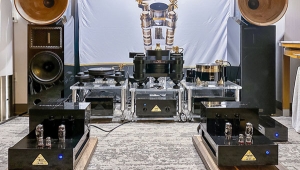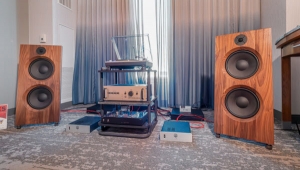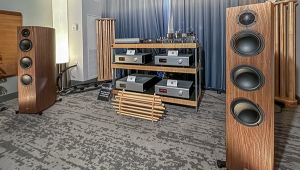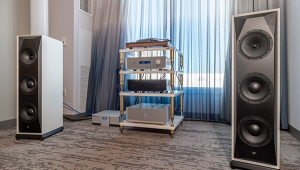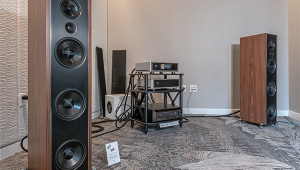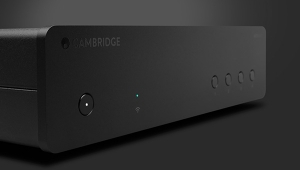| Columns Retired Columns & Blogs |
Music Business News
BMG and SunnComm Technologies revealed last week that they have entered into a "strategic worldwide" licensing agreement and revenue deal to add restriction technology to CDs in an effort to reduce piracy and the unauthorized duplication of music. The companies report that the agreement will enable the use of SunnComm's newest proprietary CD restriction system, known as MediaMax CD-3 Technology, on BMG discs.
BMG claims that it has already successfully deployed MediaMax CD-3 on a number of promotional and advance release discs in the US and will begin using the technology at retail immediately in the domestic market. Previous attempts to restrict CDs have so far met with mixed reactions from consumers.
In a statement, the companies say that the process "is a new approach to reducing casual piracy." SunnComm adds that it also includes a method to transfer music from CDs to compatible computers while hopefully not allowing the re-distribution of content via CD-Rs or online file sharing.
The multi-year deal provides for the MediaMax suite of products to be immediately available for BMG production in the US market through the Sonopress manufacturing plant located in Weaverville, NC. Sonopress is a division of Bertelsmann AG, BMG's parent company. BMG notes that the SunnComm technology will also be made available to Sonopress manufacturing plants servicing other markets around the world.
While consumer reaction to the restricted discs is still largely unknown, SunnComm's William H. Whitmore, Jr. says, "Feedback from the music industry on our MediaMax product suite has been overwhelmingly supportive. We are excited that our multi-year collaborative effort with BMG has enabled us to develop a product solution that the industry can embrace."
On the audio file-sharing front, last week also saw the Electronic Frontier Foundation (EFF) announce its "Let the Music Play" campaign. The civil liberties organization says it is urging the "more than 60 million US citizens who use file-sharing software to demand changes in copyright law to get artists paid and make file sharing legal."
The EFF says the Let the Music Play campaign counters the Recording Industry Association of America's (RIAA) announcement that it will initiate thousands of lawsuits against individuals who use file-sharing software like Kazaa, Grokster, and Morpheus. At its website, the group also offers advice on how to avoid being sued by the RIAA.
EFF executive director Shari Steele explains, "Copyright law is out of step with the views of the American public and the reality of music distribution online. Rather than trying to sue people into submission, we need to find a better alternative that gets artists paid while making file sharing legal."
The EFF says the new campaign provides alternatives to the RIAA's litigation barrage, details the group's efforts to defend peer-to-peer file sharing, and makes it easy for individuals to write members of Congress. The organization says it will also place advertisements about the right to share campaign in magazines such as Spin, Blender, Computer Gaming World, and PC Gamer.
EFF attorney Fred von Lohmann notes, "Today, more US citizens use file-sharing software than voted for President Bush. Congress needs to spend less time listening to record industry lobbyists and more time listening to the more than 60 million Americans who use file-sharing software today."
- Log in or register to post comments
















